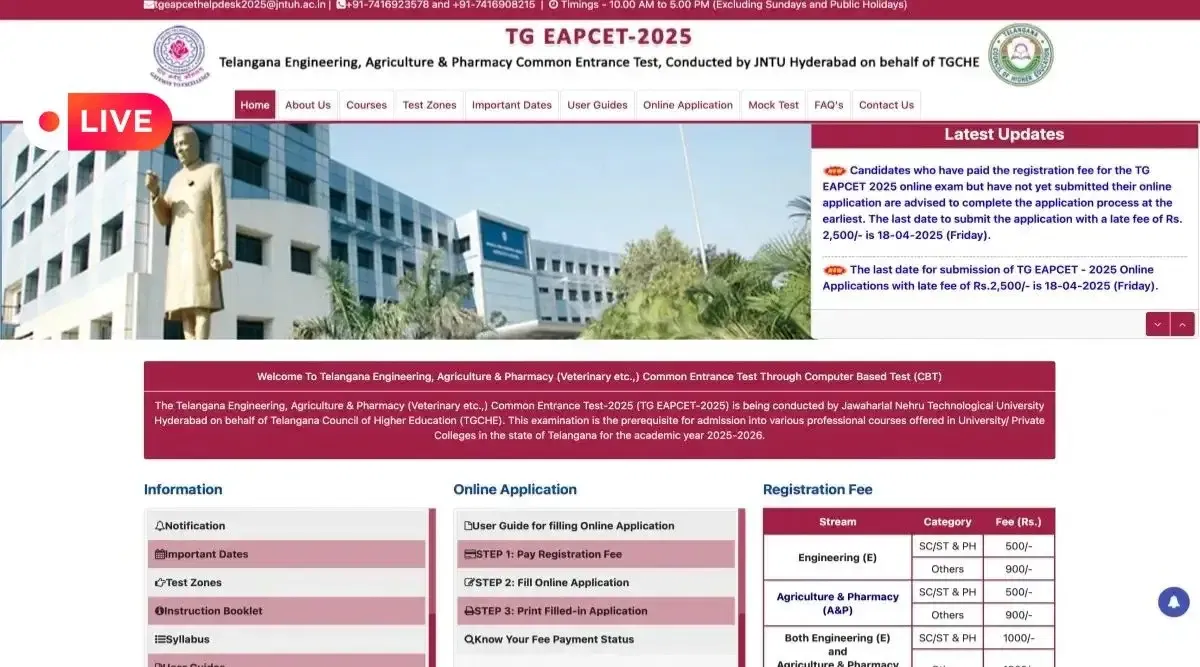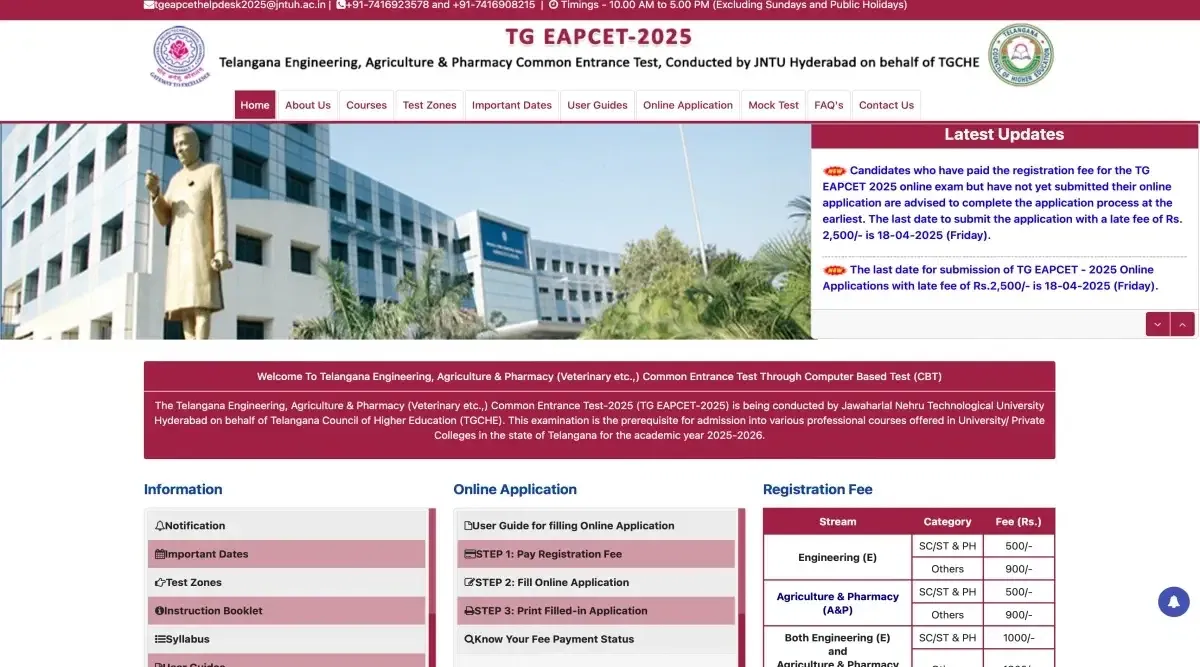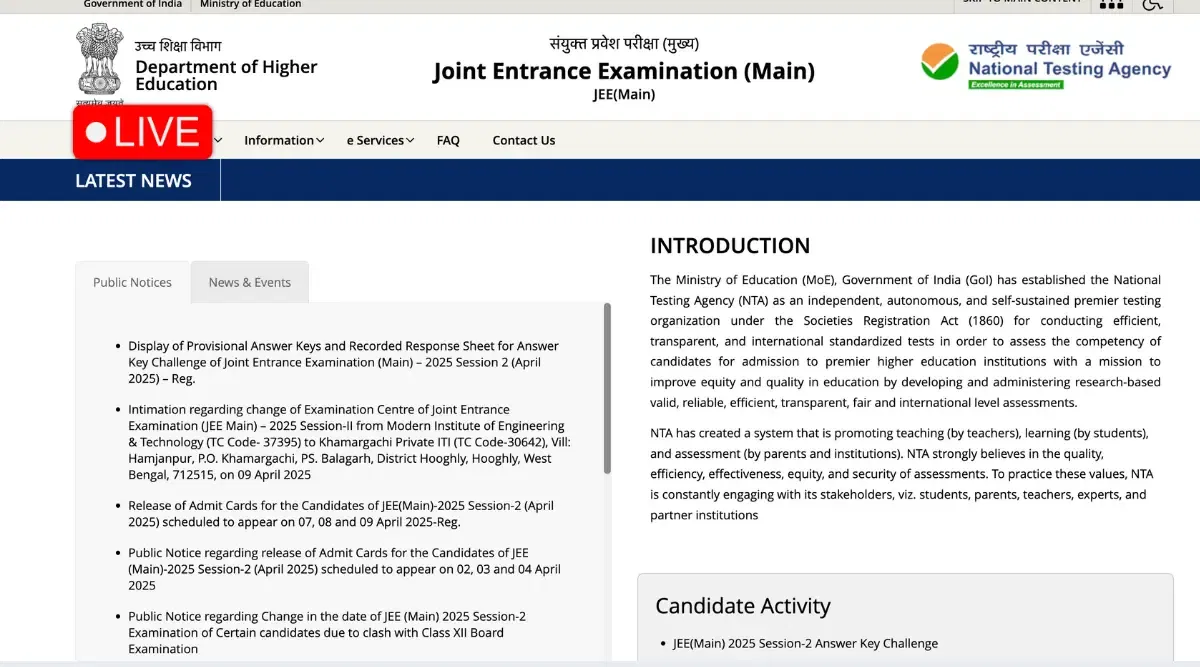Are you confused between choosing top management courses like BBA vs MBA ? Get insights about the course prospects, scopes and requirements of BBA and MBA.
Table of Contents
Management studies are one of the most demanded streams of study in India. Plenty of courses are available when we consider management specializations in India. Students will often face a very big dilemma whether to pursue a management degree as a UG or PG degree. The debate escalates when it's between BBA vs MBA.
BBA is an undergraduate management degree for three years and can be pursued after completion of 12th. On the other hand, an MBA or Masters of Business Administration is a postgraduate business degree for two years that offers detailed and in-depth knowledge of business and management.
This article draws a comparison between BBA and MBA to help students understand the key differences between the programs and settle the debate between MBA vs BBA.
BBA vs MBA - Key Highlights
BBA and MBA are the most reputed business administration and management degree programs in India. While BBA is an undergraduate course, MBA is a postgraduate course in business management. Graduates after completing BBA will naturally opt for MBA as their higher education program. Some of the key highlights of the courses are given below:
|
Criteria |
BBA |
MBA |
|
Full form |
Bachelors of Business Administration |
Masters of Business Administration |
|
Duration |
3 years |
2 years |
|
Fees |
INR 25k - Rs. 8 LPA |
INR 1.5 - 25 LPA |
|
Average Salary |
INR 3 - 6 LPA |
INR 5 - 8 LPA |
|
Eligibility |
50% in class 12 in any stream. Clear entrance exams for specific institutes |
50% in graduation from any stream Clear entrance exam such as CAT, XAT, SNAP |
BBA vs MBA - Overview
BBA is a 3-year program that helps students gain a better understanding of all the workings of the business world. The course is offered full-time in most universities. Students learn about business from financial accounting, human resource management to marketing and general management. The course allows students to specialize in many fields such as marketing, finance, international business, etc. Students start at entry-level jobs after graduation, eventually moving to higher roles with experience and skill development.
Read More on BBA
MBA, on the other hand, is a two-year postgraduate program that students pursue after their graduation. The course is designed to provide students with specialized knowledge in the field of business. It covers various subjects such as corporate finance, marketing, strategy, organizational behavior, etc. Some popular specializations after graduation include operations management, finance, marketing, human resource management. In addition, students can pursue illustrious careers in consulting, management, product management, etc.
Read More on MBA
Both MBA and BBA are degrees in commerce and management that help students decide where they want to be in the future and pick a career path that suits them. In addition, being a management student helps them get a good idea of how businesses run, and students have a plethora of opportunities to explore after both degrees.
BBA vs MBA - Eligibility
BBA and MBA are both reputed programs for management students to hone their skills and become better future leaders in the corporate environment. Students from any stream can enroll for either of these courses as they do not have any prerequisite classes. The courses build the foundation in all subjects for the students. There are, however, certain criteria to be met for admissions, which are listed below.
To enter a BBA program, students must fulfill the following criteria.
- At least 50% scores in their respective class 12 streams
- There is a 5% relaxation for students who are SC/ST/OBC.
- Some institutes have entrance exams for students aspiring for this course. Students must secure the required cut-off, following which admission is given on a merit basis.
For MBA programs, the process is a little more rigorous. Students must fulfill these requirements
- At least 50% scores in their graduation in any stream
- Sufficient scores in the entrance examination tests such as CAT, SNAP, XAT, NMAT, etc
- Shortlisted students must appear for Group Discussion/Personal Interview rounds in the respective institutes to get admission.
BBA vs MBA - Entrance Exams
Entrance exams are a way for institutes to judge students' aptitude and understanding for studying the course. These tests study a students' quantitative, reasoning, and language skills required to complete the course.
Below is the list of some of the top entrance exams for BBA:
Students can study these exams using coaching/ self-taught methods. In addition, students can study for this examination while appearing for their 12th-grade exams as well.
Top Institutes such as IIMs, Symbiosis, etc. conduct their entrance exams for MBA students, which are listed below:
These exams are highly competitive, and students must aim for their highest possible scores to qualify for further processes. The rigor of preparation for these exams is a stepping stone towards a full-time residential program at a top B-school, and students must strive to target the best institute that suits their skills and interests.
BBA vs MBA - Course Structure
BBA is a bachelor's degree that takes three years to complete. Therefore, students must fulfill up to 120 credits to pass the course. On the other hand, MBA is a more concise course and is completed with 30 to 60 credits in 2 years. As a result, there is a difference in the depth of knowledge provided in each course and the teaching methods.
Teaching Methods
BBA provides students with full theoretical knowledge of businesses. The students are taught by one-way communication by lecturers, and exams are conducted at the end of the term to assess the students' capability.
An MBA, on the other hand, is based on practical knowledge and the application of concepts. The classroom relies on case studies, discussions, and debates, and the faculty only serves as a facilitator for the students. The assessments are also done through practical projects, and less focus is given to examinations. In addition, MBA includes interactions with industry experts, regular and frequent alumni networking, and a compulsory summer internship project that helps students become better equipped for the corporate world.
Syllabus
MBA and BBA are business-related courses and hence cover all aspects of business and corporates in their syllabus at various depths. The course is designed to lay the foundation for students about the core concepts of business and then develop a strong practical application.
A student studying BBA can expect the following subjects in their syllabus:
- Economics
- Principles of Management
- Marketing
- Human Resource manage
- Finance and Accounting
- Business Communication
- International Business
- Operations Management
Read More about BBA Syllabus and Subjects
A student studying MBA would cover all of the above courses in more depth and would also include additional subjects such as:
- Strategic Management
- Supply Chain Management
- Business Research
- Organizational Behaviour
- Consumer Behaviour
- Data Analytics
Read More about MBA Syllabus and Subjects
Students can also pick subjects according to their specialization and fields of interest in the second year. Specialization subjects make the course more intensively packed with knowledge and is filled with learning opportunities.
BBA vs MBA - Specializations
BBA offers numerous specializations in various fields of study. For example, management and business administration is vital for any commodity, and there are numerous specialization options offered to students under BBA.
Some of the top specializations include:
- BBA in Tour and Travel Management
- BBA in Finance
- BBA in Marketing
- BBA Aviation
- BBA Airport Management
MBA allows students to pick more niche and diversified specializations, such as:
- MBA in Event Management
- MBA in Marketing
- MBA in Finance
- MBA in Operation Management
- MBA in Human Resource
- MBA in Business Analytics
- MBA in Logistics and Supply Chain Management
- MBA in Agribusiness
- MBA in Healthcare Management
- MBA in Sports Management
Students can pick their specialization and niche very specifically in an MBA, which gives them a more competitive edge and deeper knowledge of their chosen fields.
BBA vs MBA - Job Opportunities
On successful completion of the degrees, students can gain considerable knowledge from practical experience as well. After getting their degrees, students can now successfully become a part of the corporate world if they choose to. A great career awaits graduates from both fields.
After completing graduation in BBA, students get the opportunity to explore various entry-level jobs such as
- Marketing executive
- Sales executive
- Research and development executive
- Search and Development Manager
- Human resource manager
- Financial consultant
- Operations manager
- Business consultant
Students who have a Masters in Business Administration have an advantage over BBA graduates and can apply for positions such as:
- Product Manager
- Business Analyst
- Financial Analyst
- Credit Risk Management Analyst
- Marketing Manager
- Sales Manager
- Human Resources Manager
People who have enrolled in their MBA program with some work experience may be considered for higher roles such as:
- Ad Strategy Manager
- Brand Partnership Manager
- Marketing Director
- Public Relations Officer
- Digital Marketing Manager
- Supply Chain System Manager
BBA vs MBA - Salaries
After completing their BBA, students can apply for entry-level positions in their desired fields. However, this employment is gainful; students must know that having only a graduate degree does not guarantee big pay. BBA graduates can expect to earn Rs. 2 - 3 LPA, depending on the company, role, and personal profile.
Read More on BBA Salary
Since MBA students have additional knowledge and are experts in their niche, their job roles are higher up in the hierarchy. They also have higher salaries ranging from Rs. 5-15 LPA. This depends on multiple factors such as the institute, student profile, job role, and the company itself. Top B-Schools provide students with opportunities to earn as much as Rs. 20 LPA or higher.
Read More on MBA Salary
BBA vs MBA -Higher Education
After pursuing BBA, students have plenty of options to pursue their higher education. But, first, they can opt for the conventional MBA that comes after BBA. The MBA helps solidify their existing knowledge and provides them with practical exposure to the field they want to pursue.
The other courses of higher learning are:
- LLB
- PGDM
- Post Graduate Diploma in Banking
- Financial Risk Management
- VISA
- Ph.D. in Management
Alternatively, students from either course can secure certifications in:
- CFA
- CA
- NSE/BSE Certification in Financial markets
BBA vs MBA - Top Colleges
A good institute for studying BBA or MBA is important as it shapes the future path of the students. Institutes vary in terms of their teaching methods, examination pattern, student intake, and alumni networks. Being in the top colleges and institutes for BBA or MBA is beneficial for students as they can fully utilize the benefits of their course.
Below we have listed some of the top colleges for pursuing a BBA for students.
- IIM Indore
- Keshav Mahavidyalaya Delhi
- Deen Dayal Upadhyay College Delhi
- Gargi College Delhi
- Sri Guru Gobind Singh College of Commerce
- HR College of Commerce and Economics Mumbai
- Jai Hind College
- Mithibai College
- KC College
A great B-school is essential for students in an MBA program to help them gain access to great mentorship and a stellar alumni network. Better colleges also offer better placement opportunities after graduation and give students a career boost. Thus, they must aspire for the best institutes for their MBA, and the top MBA institutions are:
- IIM Ahmedabad
- IIM Calcutta
- IIM Bangalore
- IIM Indore
- XLRI Jamshedpur
- FMS Delhi
- IIM Kozhikode
- SIBM Pune
- IIT Delhi
BBA or MBA - Which One to Choose?
BBA is an undergraduate course aimed at students who have little experience in management and familiarizes them with the various aspects of a business. On the other hand, an MBA is a postgraduate degree that equips students with more practical experience and knowledge about different business areas. Both programs aim to create industry professionals. Therefore, students can opt for a degree that suits their purpose more and helps them in their career path.
Course work: BBA covers the theoretical aspects of business and assigns students individual work to gauge their understanding of relevant theories and models. Thus, it lays the foundation for a student's entrance into the business world.
On the other hand, MBA is entirely focused on practical knowledge and current situation analysis with real-time feedback on performance.
Average Fees and Return on Investment: While it is significantly cheaper to enroll in a BBA course, students will start their careers after BBA in entry-level jobs. Students may have to wait for three years or more to see good returns. An MBA is a lot more expensive than a BBA, with most Tier 1 colleges charging 20+ lakhs in fees for two years. However, post MBA, students have a world of opportunities working in managerial roles with high returns. Most students can recover their course fees/ pay off student loans by the end of their second year of employment.
Thus, one can say that both BBA and MBA are essential for people studying business. Students looking for the knowledge and skills needed to run a business or be a part of a corporate environment are ideal candidates for the course.






















POST YOUR COMMENT